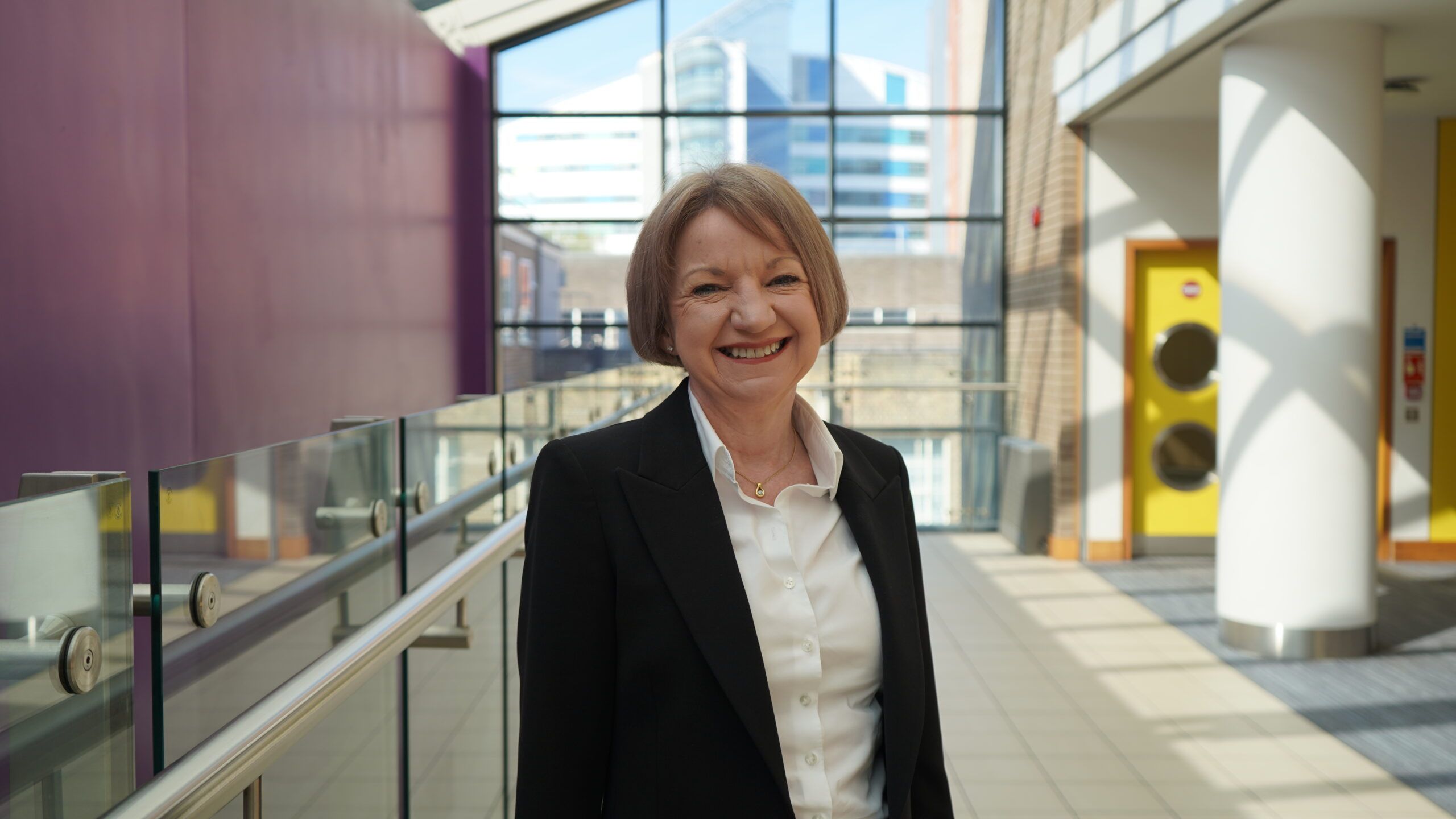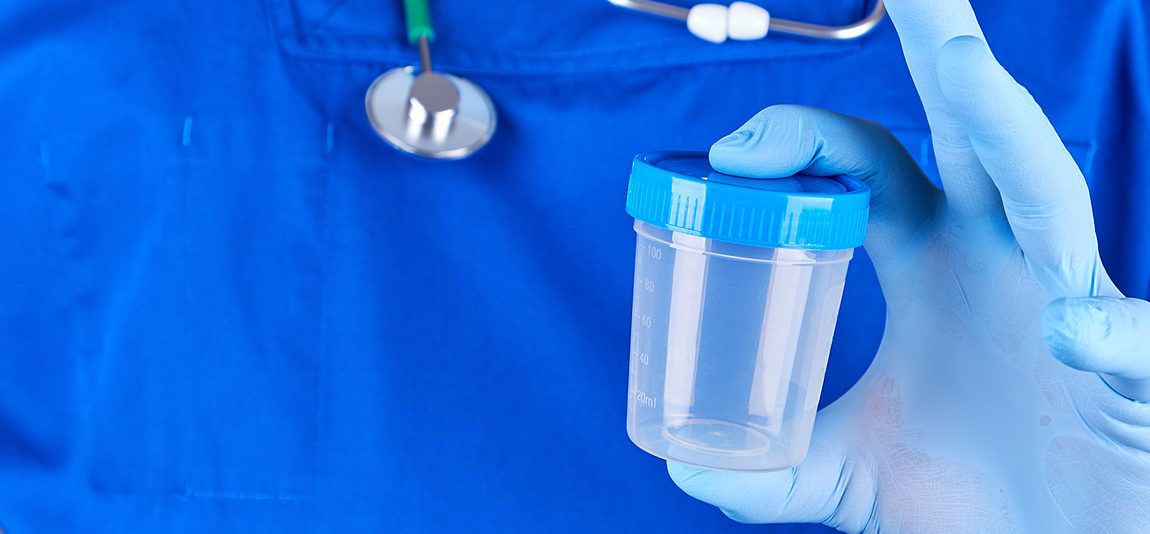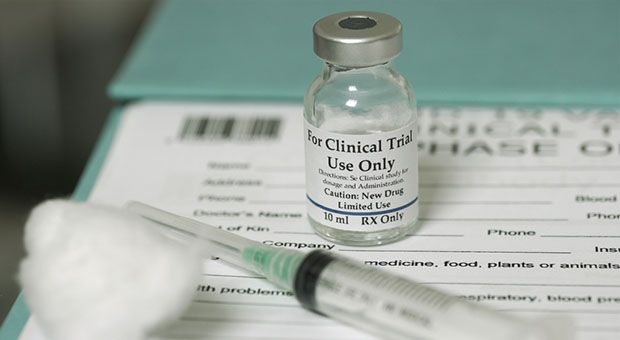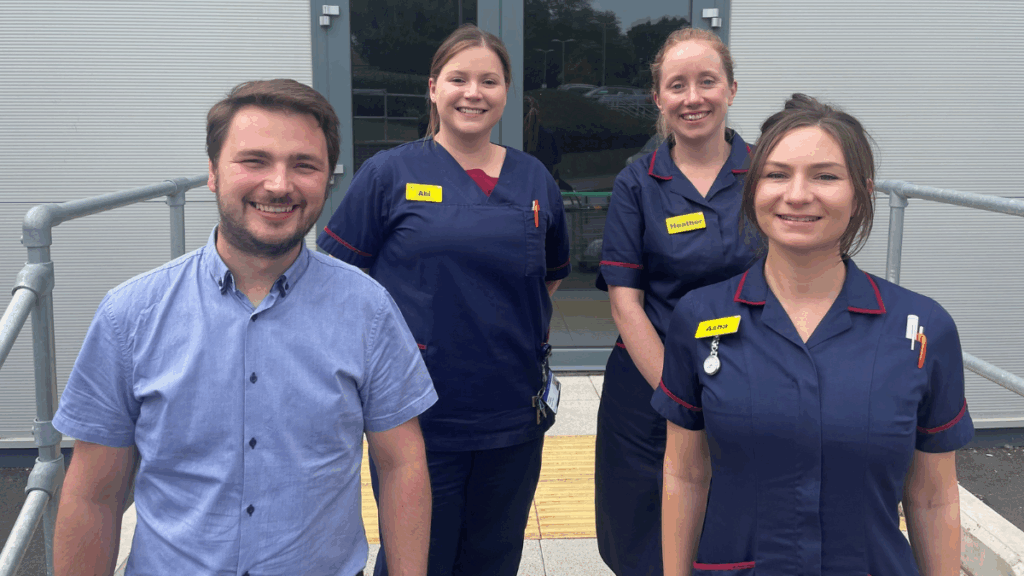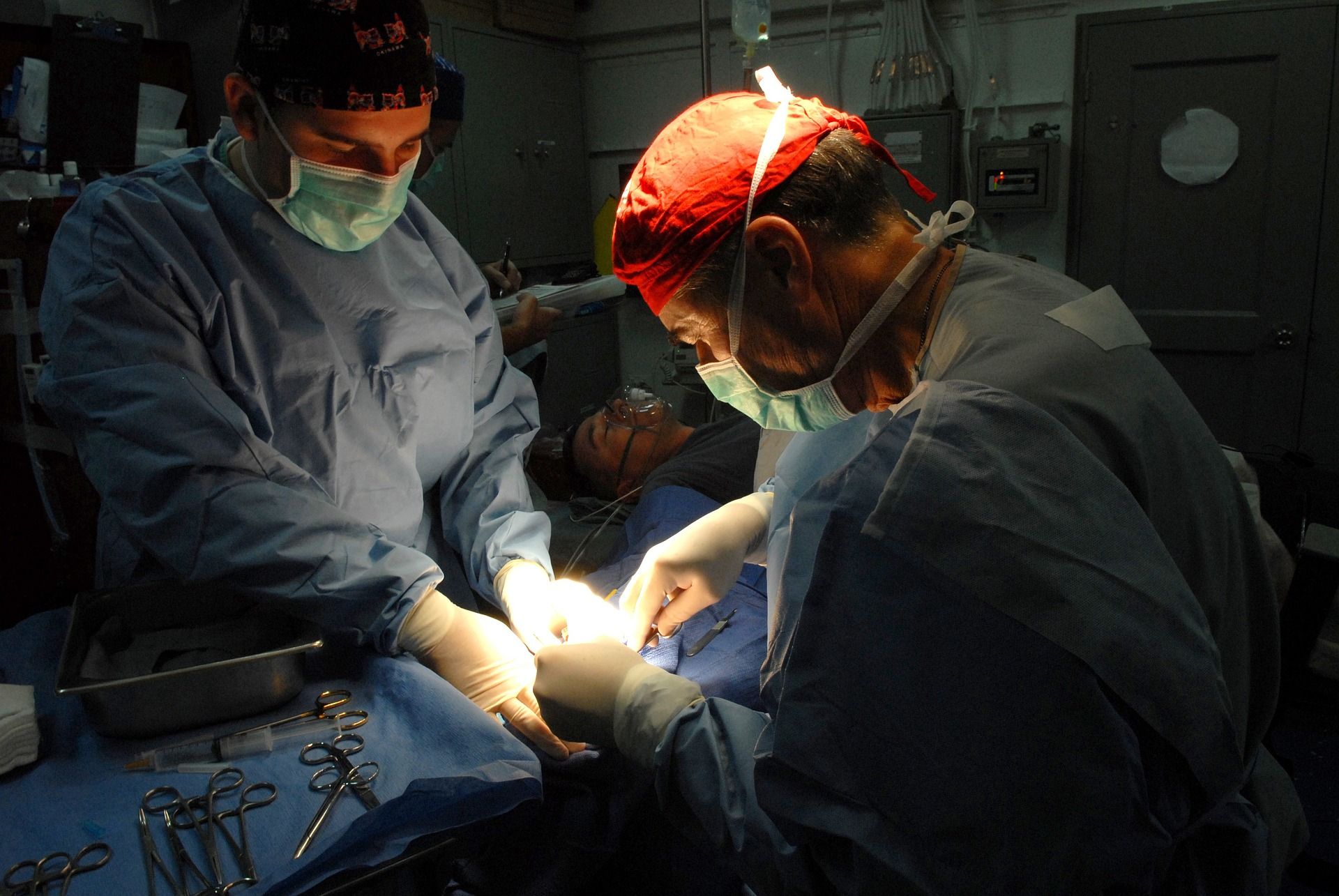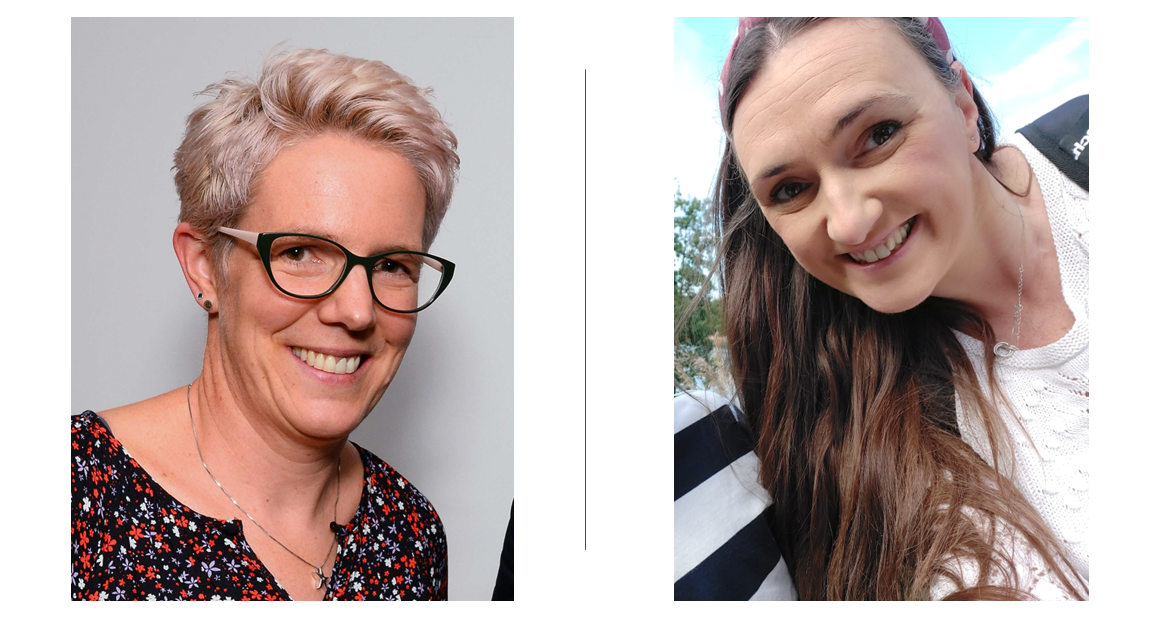Birmingham academic appointed Clinical Lead of new NIHR network
The National Institute for Health and Care Research (NIHR) has awarded £6.5 million, funded jointly through a public-private partnership with the pharmaceutical industry, to establish a UK-wide Commercial Research Delivery Centre (CRDC) Network. The Network is hosted by University Hospitals of Leicester NHS Trust (UHL), with Birmingham Health Partners’ Managing Director Professor Lorraine Harper as its Clinical Lead, and will commence formally on 1 September 2025.
The new Network will provide strategic coordination of all 21 CRDCs across the the UK. It will play a key role in building research capacity, streamlining the interface between industry and the UK clinical trials delivery infrastructure, and enhancing efficiency to deliver commercial clinical research through harmonised processes, in line with the Government’s call to turbocharge medical research earlier this year.
The Network will:
- Provide strategic leadership and national coordination across the 21 CRDCs across the UK
- Offer a central point of contact for industry sponsors
- Facilitate study feasibility, placement and setup across the UK
- Foster collaboration with regulators, wider NIHR and UK-wide delivery infrastructure, and other key stakeholders to advance UK Clinical Research Delivery
- Support workforce development, inclusion, and public involvement
- Facilitate the integration of the Primary Care CRDCs (PC-CRDCs) in England in autumn 2025, adopting them into the Network
By aligning CRDC efforts and offering a cohesive offer to industry, the Network will ensure that the CRDCs deliver against industry expectations for faster, more efficient set up and delivery of commercial research in the UK.
Lorraine Harper, Professor of Nephrology at the University of Birmingham and Managing Director of Birmingham Health Partners, is the Director of the Central and North West Midlands CRDC and has been appointed Clinical Lead of the new Network. She said: “The vision of the Network is to ensure equitable access, diverse recruitment and a much more efficient model of trial delivery, improving NHS and patient access to trials. With Birmingham Health Partners already leading a regional programme to reduce bureaucracy in clinical trials, and BHP member Birmingham Women’s and Children’s Hospitals hosting the Central and North West Midlands CRDC, this is an exciting opportunity to align all our work and deliver a ‘gold standard’ for commercial clinical trials.”
BHP founding member Birmingham Women’s and Children’s Hospitals NHS Foundation Trust hosts the £7m Central and West North Midlands (C&NWM) CRDC, working closely with regional partners Midlands Partnership University NHS Foundation Trust – host of Staffordshire and Shropshire, Telford and Wrekin Health Research Partnership (SSHERPA) – and the Black Country Provider Collaborative.
The C&NWM region, home to 4.2 million people, includes many of the UK’s most economically deprived communities who face significant health inequalities and higher rates of serious illness. The CRDC will focus on addressing these inequities by increasing access to clinical trials for patients who have the greatest need – dovetailing with BHP’s strategic focus on addressing health inequalities and giving greater opportunities for residents to participate in research.
Professor Melanie Davies, Professor of Diabetes Medicine at the University of Leicester and Honorary Consultant Diabetologist for University Hospitals of Leicester NHS Trust, and Director of the CRDC Network, said: “We are really proud that University Hospitals of Leicester NHS Trust has been awarded this funding to host this federated CRDC Network across the four nations of the UK. We are fully committed to working with our partners across the UK to deliver faster, more efficient set up and delivery of commercial research. We want to drive increased investment from industry and enable even more people to take part in studies that can lead to the future approval of new medicines and devices for the benefit of patients in the UK.”
Dr Maria Koufali, NIHR Life Sciences Industry Director, said: “The UK CRDC Network is a critical part of our national effort to transform UK clinical research delivery. By streamlining trial set-up and expanding access into community and underserved settings, it will help make the UK one of the most attractive destinations globally for commercial research. This means faster access to innovative treatments for patients, greater investment in the NHS and a stronger life sciences sector that boosts the health and wealth of the nation.”
